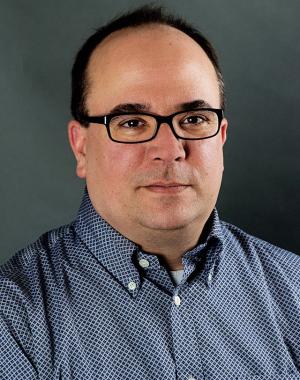If we peruse the foundational catechetical documents of our time, we learn that we are called to a catechesis that is modeled after the pedagogy of God. Indeed, this is an essential component of the Church’s mission to evangelize. The Catechism of the Catholic Church states that the Church is called to be “a visible and actual continuation of the pedagogy of the Father and of the Son.”[1] The General Directory for Catechesis says it this way: “Catechesis, as communication of divine Revelation, is radically inspired by the pedagogy of God, as displayed in Christ and in the Church.”[2]
For far too long, catechesis in the United States has been bogged down in the mire of a debate regarding the relative importance of content and methodology. The GDC addresses this issue: “concerning pedagogy, after a period in which excessive insistence on the value of method and techniques was promoted by some, sufficient attention is still not given to the demands and to the originality of that pedagogy which is proper to the faith. It remains easy to fall into a ‘content-method dualism.’”[3] This false dichotomy that pits content against methodology has done considerable damage to the ministry of catechesis, manifesting itself most tragically in generations of poorly formed and disillusioned Catholics who have left the Faith, either because they never knew the true teaching of the Church or somehow found it irrelevant to their daily lives. Without a marriage of good content and methodology, the truth is not heard and lived. It doesn’t matter how theologically precise we are in our catechesis if we never communicate it in a way in which the learner can hear it and apply it. Likewise, the most developmentally-appropriate methodology will do the learner no good if the content is inaccurate or incomplete. In either case, the truth goes unheard, and the stakes are too high when that truth is the Gospel we are called to proclaim.
Adapting principles of sound pedagogy provide us a way to extract ourselves from the fruitless debate concerning content versus methodology and turn our attention to principles that can govern both. Dr. Petroc Willey, perhaps the foremost expert of the pedagogy of God, states, “Pedagogy and methodology are not one and the same, but rather pedagogy, with respect to catechesis, may be defined as ‘overarching principles of transmission which govern the nature of catechesis precisely as the transmission of the faith.’”[4] A sound pedagogy, then, can guide us both in our scope and sequence of content and in the methods we use to communicate it to the learner. But how shall we operationalize the pedagogy of God? How can we move from the philosophical, or theoretical, to principles that guide our everyday work as catechists? I would propose the following five principles, which I call “aspects of the divine pedagogy.”
The rest of this online article is available for current Guild members.
This article is from The Catechetical Review (Online Edition ISSN 2379-6324) and may be copied for catechetical purposes only. It may not be reprinted in another published work without the permission of The Catechetical Review by contacting [email protected]


















